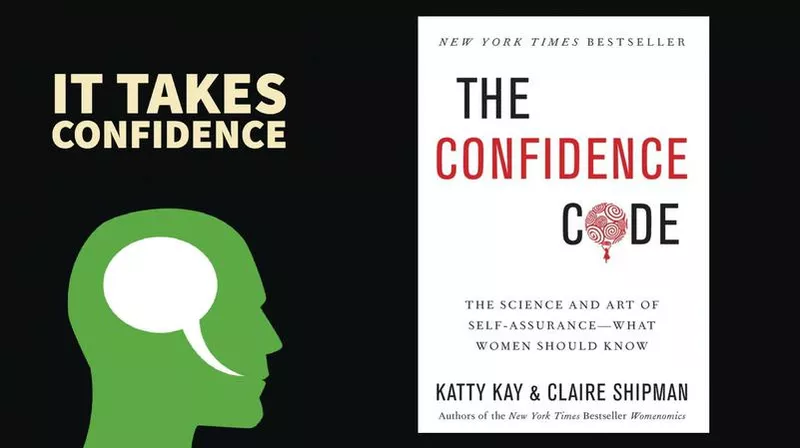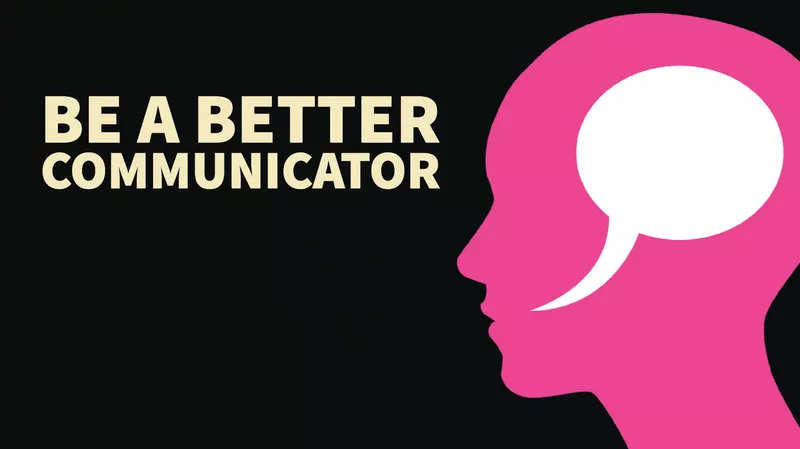When we’re babies and toddlers, most of our negotiation skills revolve around begging, pleading, and throwing tantrums until we get what we want — or we get a very loud “no” and our pleas are ignored. As we mature, we understand that these tactics don’t work, and should no longer be employed. So we grow more cunning, and by the time we’re teenagers, we recognize the value of bargaining for what we want. A promise to mow the lawn tomorrow if we can borrow the car tonight may net us a fun night, but come tomorrow we’re stuck with a promise that must be fulfilled.
As we enter the workforce, we come to terms with the fact that we don’t always get what we want, no matter how hard we negotiate. In fact, asking for certain things, like a raise, if done incorrectly may even get us fired.
How does an adult navigating the business world get what he or she wants – without resorting to tantrums or physical violence? Employing a sharp mind, and a sharper tongue helps, but alone they may not get you what you’re after.
The art of negotiation: yes, I understand that term is trite, but negotiation is an art and it’s something that can be improved. Just like a runner trains for months before a marathon, building up stamina and speed, negotiators must also prepare and train. Luckily, this doesn’t require long hours ticking away miles on your treadmill.
What does getting what you want in a negotiation entail? For the most part, it takes preparation, determination, and the ability to communicate effectively.
The following is a list of the best negotiating advice, from books that aim to sharpen your skills. Whether you’re looking to negotiate a raise or who does the dishes this week, these books will help you understand negotiation tactics, as well as how and when to use them.
‘The Confidence Code: The Science and Art of Self-Assurance: What Women Should Know’ By: Katty Kay and Claire Shipman

Getty Images, Amazon
If you’re not confident in yourself, or your value, how can you know your worth? How can you negotiate what you deserve – not just in the workforce, but in all of life? Women need to stop apologizing, and start gaining the confidence they need to get the same jobs, for the same pay that men get.
“The Confidence Code” combines science and first-hand accounts from many powerful women. There is no reason you shouldn’t get what you want, as long as you have the confidence to go after it.
If you’re not a woman, consider getting this for your daughter, mother, cousin, or your female friends.
Be a better communicator

Getty Images
Communication is a bit of a broad topic, and communicating isn’t just about talking, especially when it comes to negotiation. Being a good communicator starts with knowing how to ask for what you want and includes listening more, being direct in what your wants are, as well as knowing when and how to say what you need to.
In addition, you’ll need to understand that not everyone sitting across the table from you is going to be like you. To be an effective negotiator means to be able to negotiate with anyone: your boss, people of the opposite sex, and people whose culture is completely different than your own.
Other cultures negotiate using different tactics than what you may be used to. Recognize this and use it to your advantage. If you know how someone in another country negotiates, you might have a leg up on him or her.